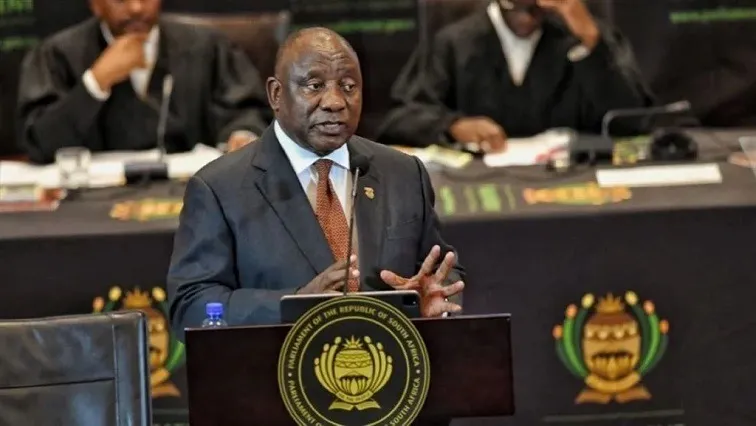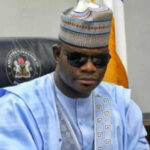South African president Cyril Ramaphosa, has said his government, in working together, “have laid the basis for a better 2024”.
“Our economy has been weighed down by international events, including the ongoing Russia-Ukraine conflict and instability in the global economy. Like many across the world, South Africans have faced a substantial rise in the cost of our living. Our post-COVID recovery has been held back by continuing loadshedding and inefficiency at our ports and railways.”
“Even in these circumstances, companies have continued to invest in our economy”.
The president added that at the fifth South Africa Investment Conference earlier this year, the country surpassed the target for new investment commitments over five years.
The South African economy has grown, albeit too slowly and far below its potential. The number of people in employment has returned to pre -COVID levels, but jobs are still not being created fast enough to reduce levels of our unemployment.
The president admitted that “the electricity crisis is currently the main threat to our country’s progress”.
In February Mr Ramaphosa stated that his government “most immediate task is to dramatically reduce the severity of load shedding in the coming months and ultimately end load shedding altogether.”
“The work that has been done since then in implementing the Energy Action Plan is showing positive results, giving us greater confidence that we will bring load shedding to an end. While we experienced some of the worst load shedding ever in the first few months of the year, there has been a measurable and steady decline in the severity of load shedding over the last few months.”
“Although electricity supply is still not stable, as we experienced in the last few weeks, the overall trend is towards less severe load shedding. Damaged units at the Kusile power station have been returned to service ahead of schedule and plant maintenance has received close attention.”
“What gives us hope for even further improvements is the progress that has been made in bringing new electricity generation online. Regulatory reforms we have initiated have enabled a massive increase in private investment in electricity generation, with over 12 000 MW of confirmed projects in development. Following the introduction of tax incentives and financing mechanisms, the amount of installed rooftop solar has more than doubled to over 4 500 MW in the last year.”
The president in his last weekly newsletter for the year said his “government is working closely with Transnet, industry and other social partners to relieve congestion at our ports and increase the volumes of freight being carried on our key rail corridors.”
Several significant infrastructure projects in areas like social housing, road construction, rural bridges and dams are contributing to greater economic activity, and providing much-needed infrastructure for the growth of our economy and the needs of our people.








